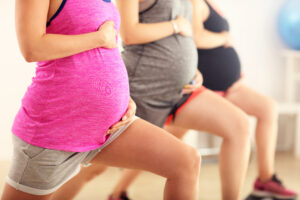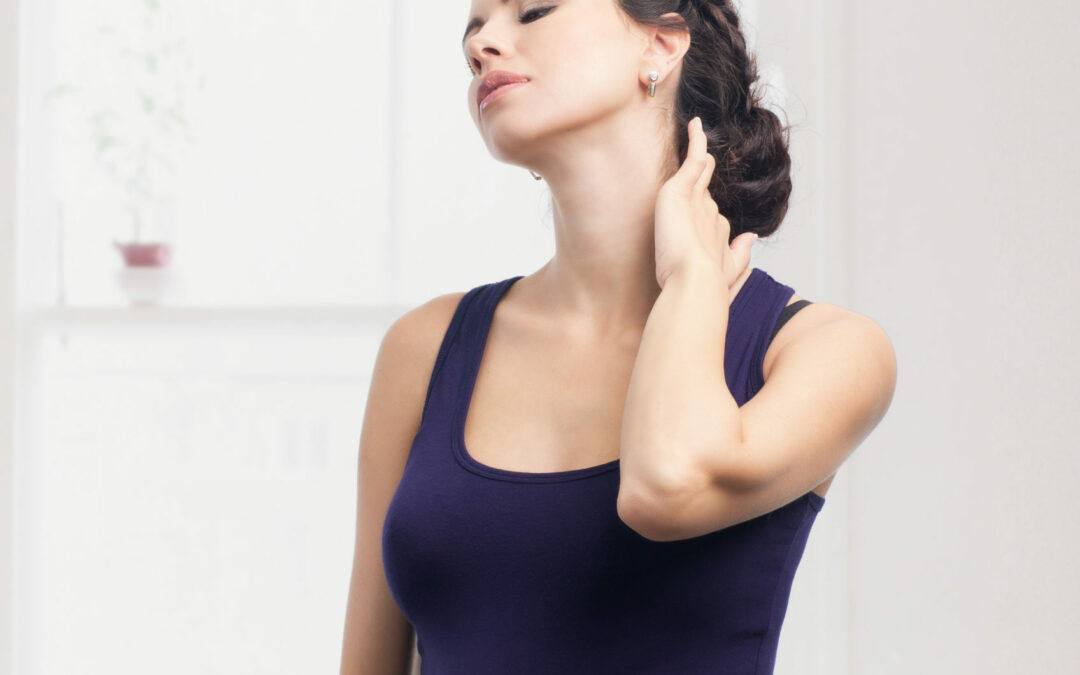Osteopathy is founded on 4 main philosophies –
1. The body is a unit
2. Structure and function are inter-related
3. Our body is capable of self-healing, protection and regulation mechanisms
4. Treatment always considers the first 3 beliefs
With these in mind, it is not surprising that Osteopaths are able to help a range of conditions and stages of life, including pregnancy. During pregnancy, the female body is constantly changing to accommodate the growth and development of the growing baby. These structural changes may influence the function of the musculoskeletal, hormonal and cardiovascular systems of the body (principle number 2 – would you look at that!)

The most common structural changes Osteopaths see during pregnancy are –
· Lower back pain
· SIJ and pelvic pain
· Carpal tunnel syndrome
· Posture-related back pain
These structural alterations are commonly associated with the hormonal changes occurring within women’s body during pregnancy. Increased levels of progesterone and relaxin (two very important hormones throughout pregnancy) lead to an increase in the laxity of ligaments in the female body. This means that a woman’s body becomes stretchier to allow the baby to have enough room to grow and thrive over the 9 months and prepare mum’s body for birth!

Osteopathic treatment may assist with enabling women to adapt and maintain the constant changes occurring in their body, allowing them to have reduced levels of pain and discomfort and feel their best throughout the pregnancy (principle number 3!)
By using Osteopathic management for pain, discomfort or structural dysfunction throughout pregnancy, we may be able to help women maintain the changes occurring and reduce the overall impact of this on their body’s functional ability (principle number 1!)
If you’re pregnant and are experiencing any of the following Osteopathy may assist to maintain your bodies optimal function, to reduce pain and optimise your labour experience –
· Lower back pain
· Pain rolling over in bed
· Pain walking upstairs
· Pain and stiffness in your upper back or shoulders
· Headaches and neck pain
· Numbness, tingling or shooting pain in your arms or legs
For more information or questions contact Bridget via email ([email protected]) or give the centre a call.
